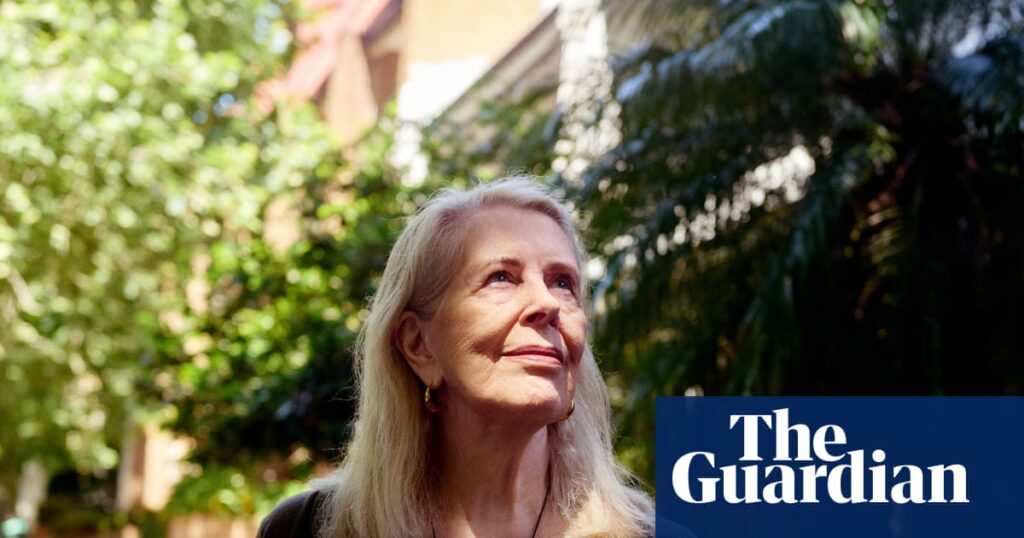
Anne Summers, a pioneering figure in Australian feminism, recently revisited the streets of Potts Point, Sydney, reflecting on her storied past and the ongoing struggle for women’s rights. Standing before a 19th-century mansion, she recalled her arrest there in 1974, a poignant reminder of her activism days. “This is where I was arrested,” she noted, observing the building’s now pristine sandstone facade. “It didn’t look like this then.”
Back in 1974, the area was known as the Cross, a vibrant and notorious neighborhood that captivated Summers after she moved from Adelaide. She quickly became involved with the Sydney Push, a group of leftwing activists, and joined the Victoria Street Residents Action group. Her activism led to her arrest while squatting in a mansion to protect it from developers. Although the buildings were preserved for their heritage value, the affordable housing they provided was lost.
The Impact of “Damned Whores and God’s Police”
A year after her arrest, Summers published “Damned Whores and God’s Police,” a groundbreaking work that placed women at the center of Australian history and culture. The book sold over 100,000 copies and has remained in print for nearly 50 years, establishing a foundation for women’s history as a field of study. Despite initial skepticism from her peers, Summers’ work became a cornerstone of Australian feminism.
As a professor at the University of Technology Sydney, Summers continues to explore the intersections of gender and society. Her recent report, “The Cost,” highlights the economic impact of domestic violence, revealing a 5.3% employment gap between victim-survivors and women who have not experienced partner abuse in the past five years.
Reflections on Global Feminism and Political Change
Summers’ experiences extend beyond Australia. Having lived in the US during Donald Trump’s presidency, she witnessed firsthand the erosion of women’s rights, particularly the collapse of abortion rights. “The worst nightmare that Margaret Atwood could have come up with, it’s 10 times worse,” she remarked, reflecting on the political climate.
Despite the challenges in the US, Summers remains optimistic about Australia’s political system, citing compulsory voting as a moderating force against extremism. “Compulsory voting is … terribly important, because it forces people to make choices and I think it’s also a force for moderation,” she explained.
The Evolution of Women’s Roles
Reflecting on the changes since the publication of her seminal work, Summers acknowledges the significant progress women have made in public life. “When I was growing up, the only women you saw were your teachers, in my case nuns … or if you went into hospital, you’d see the nurses with their big white caps. You just didn’t see women. And now, women are everywhere,” she observed.
Summers also recognizes the persistent cultural expectations placed on women to be “God’s police,” regulating the moral behavior of others. Despite these challenges, she remains hopeful, noting that young women continue to engage with her work and draw inspiration from it.
As she reflects on her journey, Summers expresses gratitude for the impact of her work and the progress made by women today. “I just hope that it might have had some influence in creating this generation of girls who … know they’ve got a real choice,” she concluded.







